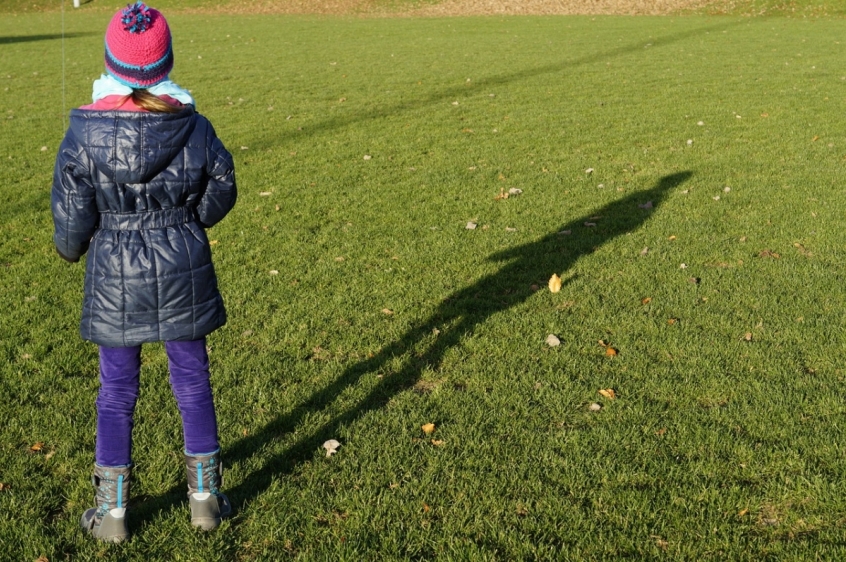
Should Christians evangelise children? For some, the answer's obvious – of course we should. The Archbishop of Kenya has just announced a campaign of child evangelisation aiming to "inculcate good morals and Christian faith to children", and many churches in the UK and around the world would applaud this sort of initiative. After all, we run Sunday schools and holiday clubs, and Christian parents hope their children will follow them in the faith. Most mainline denominations practise infant baptism on that assumption.
For others, the answer's just as clear: no, we shouldn't. Campaigners like Richard Dawkins, for instance, think children need to be protected against being "indoctrinated" by their parents. He wrote in a Time magazine article last year that "there really is an important difference between including your children in harmless traditions, and forcing on them un-evidenced opinions about the nature of life or the cosmos". Young children shouldn't be raised as Christians or Muslims any more than they should be "raised ornithologist" or "raised stamp collector".
Dawkins' name is a red, atheist rag to the Christian bull. However, disregard the source of the argument, and evangelicals at least are forced to admit he's identified an issue. Because at the heart of evangelicalism is the belief that faith is not something done to you. No one can make you a Christian without your consent. Your baptism as an infant doesn't get you to heaven any more than your baptism as an adult does. What counts is your own faith, your personal appropriation of the sacrifice of Christ for yourself. So no matter how a child is raised, sooner or later he or she will have to decide what to do about faith.
But for some, child evangelism – whether it's directed at children outside the faith community, who might turn up to a holiday club because their parents need them out of the house, or children who are brought to church every week by faithful parents – is still problematic. Can young children really make a "decision for Christ"? At the age of four or five, can they make an informed choice about the shape of their lives?
So how do we think through the ethics of evangelising children? According to a paper for the Lausanne Committee for World Evangelization, it ought to be done, but done very thoughtfully and carefully. Its 'Charter of best practice in children's evangelisation' stresses points like "holistic evangelism": "The child is not a 'soul to be saved,' but a person who needs to experience the love of Jesus in a tangible way." It talks about making genuine efforts to understand children, the importance of relationships and of not reducing the Bible to a list of rules.
Another practitioner, Compassion International's Dan Brewster, writes for the European Evangelical Alliance about the importance of transparency and involving parents. Speaking particularly of cultures where Christians face discrimination, he says: "It is improper and may be unethical to guide children to become Christians in instances where they do not have a proper understanding of what it entails." Drawing on Elmer Thiessen's The Ethics of Evangelism, he writes of the importance of protecting a child's dignity, caring for the whole person and of humility: "Proselytizing becomes unethical when it becomes arrogant, condescending, and dogmatic in the claims being made."
So how might these insights translate into the work of the local church? Here are three suggestions.
1. Give children a foundation for life
Teaching them Bible stories and helping them learn from what the Scriptures say about how to live well and how to treat each other is a good thing. Even if they don't, as far as we know, end up giving their lives to Jesus, they've still received a great gift.
2. Treat them as part of the community
The church is a place where people get to know Jesus. A first-time decision to follow him is important, but it's not the only thing a church does. Children learn about Jesus through seeing how faith works in the lives of the people they meet in church.
3. Don't abuse their trust
Young children generally believe what they're told by an adult. But teaching is different from indoctrinating. We can say, "We believe this is true and we hope you'll see this too." We can't say, "This is true and you mustn't question it." There's a balance between being positive about our own faith and encouraging them to share it, and acknowledging they might choose a different path. Offering them freedom to walk away is hard, but a faith that's built on manipulation or coercion isn't going to last long anyway.
Follow Mark Woods on Twitter: @RevMarkWoods
















